Societal Constraints on Love
written by art historian & curator
Love, universally regarded as one of the most profound and fundamental human emotions, is a force that transcends borders and binds individuals across cultures, religions, and ages. However, beneath the veneer of this universally cherished emotion lies a stark reality: love is not always celebrated and accepted with open arms in all societies. Love remains contentious and, at times, taboo in various corners of the world, challenging social norms, traditions, and deeply ingrained beliefs.
Videos you may enjoy as well:
Throughout history, societies have grappled with differing notions of love and the constraints imposed upon it, ranging from arranged marriages stifling personal choice to the stigmatisation of same-sex relationships and interfaith unions. These divergent perspectives reflect the deeply rooted cultural and social values that shape our understanding of love and relationships.
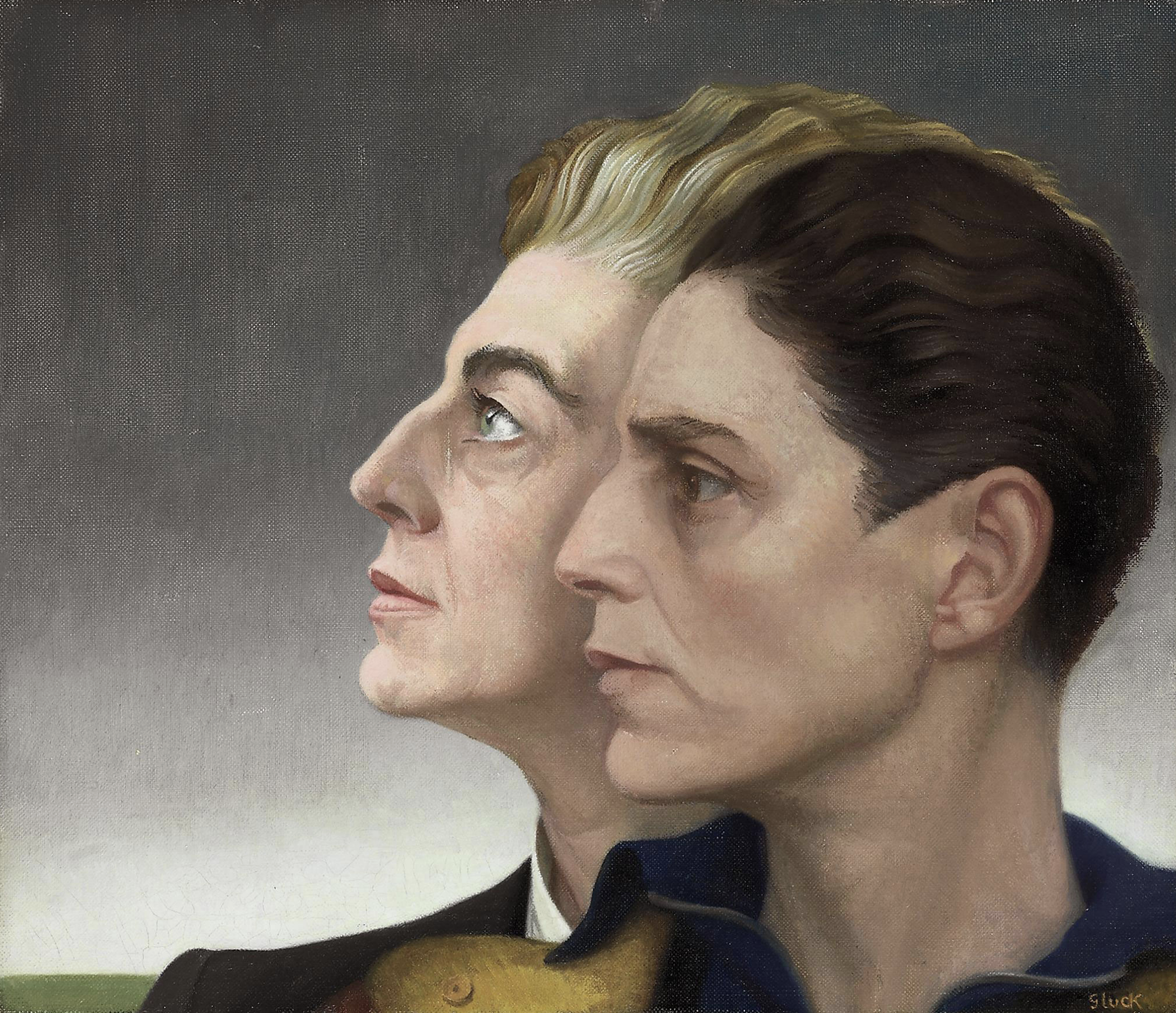
By examining these cultural variations and their consequences, we gain valuable insights into the intricate nuances of human emotions and the relentless tension between love’s universality and its capacity to be taboo in select societies. While love typically represents a source of joy, unity, and personal fulfilment, it can also become a source of conflict, ostracism, and discrimination when it defies established norms and expectations. In the following lines, we will delve into the intriguing phenomenon of love as a taboo, exploring the complex web of factors that render it a forbidden or controversial topic.
Taboos on Love: An Age-Old Conundrum
Love has often been a powerful catalyst for societal change, challenging conventions. At its core, a taboo is a prohibition or restriction, often rooted in cultural, religious, or historical contexts. When love defies these taboos, it can become a source of tension, discrimination, and even persecution.
One of the most pervasive examples of societal constraints on love is the institution of arranged marriages. This practice is prevalent in many cultures, particularly throughout South Asia, the Middle East, and parts of Africa. Arranged marriages are often seen as a way to ensure compatibility, strengthen family ties, and maintain cultural traditions. However, they can also be viewed as a constraint on individual choice and personal love. In such cases, the love between two individuals may be overshadowed by familial expectations and societal pressures. The emphasis shifts from romantic love to family and cultural obligations, raising questions about the authenticity of the relationship.
Same-sex love can be a deeply taboo subject. LGBTQ+ individuals may live in fear of discrimination, violence, or even legal repercussions. Their love is often hidden or suppressed due to societal pressures, posing significant challenges to their mental and emotional well-being. The acceptance of same-sex love varies widely, from open Western societies to closed traditional communities. While progress has been made in many parts of the world to recognise and protect the rights of LGBTQ+ individuals, there are still societies where this type of love remains criminalised and stigmatised.
Interfaith relationships, where individuals from different religious backgrounds come together in romantic partnerships, can be a source of both happiness and tragedy. These relationships are marked by unique challenges and opportunities, and the outcomes often depend on the individuals involved, their families, and the societies in which they live. Thus, romantic relationships between individuals of different faiths can be met with resistance or rejection. Such families challenge established religious and cultural boundaries, leading to tension and even ostracism. In some cases, couples who dare to love across religious lines may face pressure to convert to their partner’s faith or may be disowned by their families. These taboos can strain not only the individuals involved but also the communities to which they belong.
Nevertheless, interfaith relationships, with their unique potential for profound connections, have been a source of inspiration for artists across various mediums. Many artists use their work to explore the complexities, joys, and struggles of such relationships, often shedding light on themes of love, identity, cultural diversity, and religious tolerance.
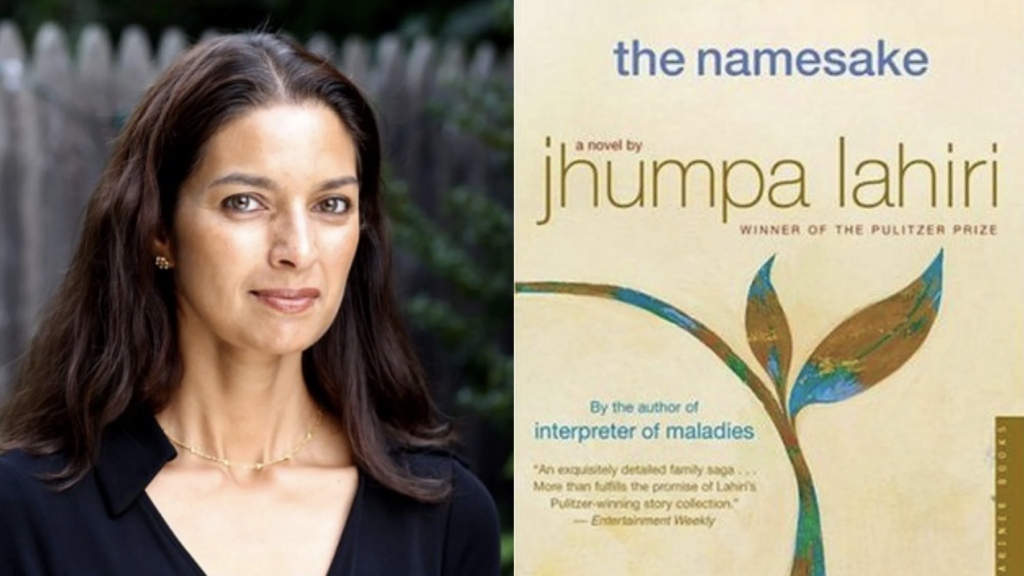
”The Namesake” by Jhumpa Lahiri is a novel that explores the challenges faced by a Bengali-American man named Gogol Ganguli, who falls in love with a woman from a different religious and cultural background. The author explores interfaith relationships delving into the internal and external conflicts faced by the couple who navigates love across religious boundaries. Similar literary works often explore themes such as cultural clashes, family expectations, and personal growth.
The film ”My Big Fat Greek Wedding” depicts the comedic challenges faced by a Greek woman who falls in love with a non-Greek man. While not explicitly about interfaith relationships, it touches on themes of cultural differences and familial expectations, which are common in such relationships.
Musicians often draw from their own experiences to create songs that reflect the emotions and struggles of interfaith relationships. Music can capture the feelings of love, longing, and acceptance more than any other medium. The song ”Losing My Religion” by R.E.M. explores the theme of questioning one’s beliefs and identity, which can resonate with individuals in interfaith relationships as they navigate their own faith and love.
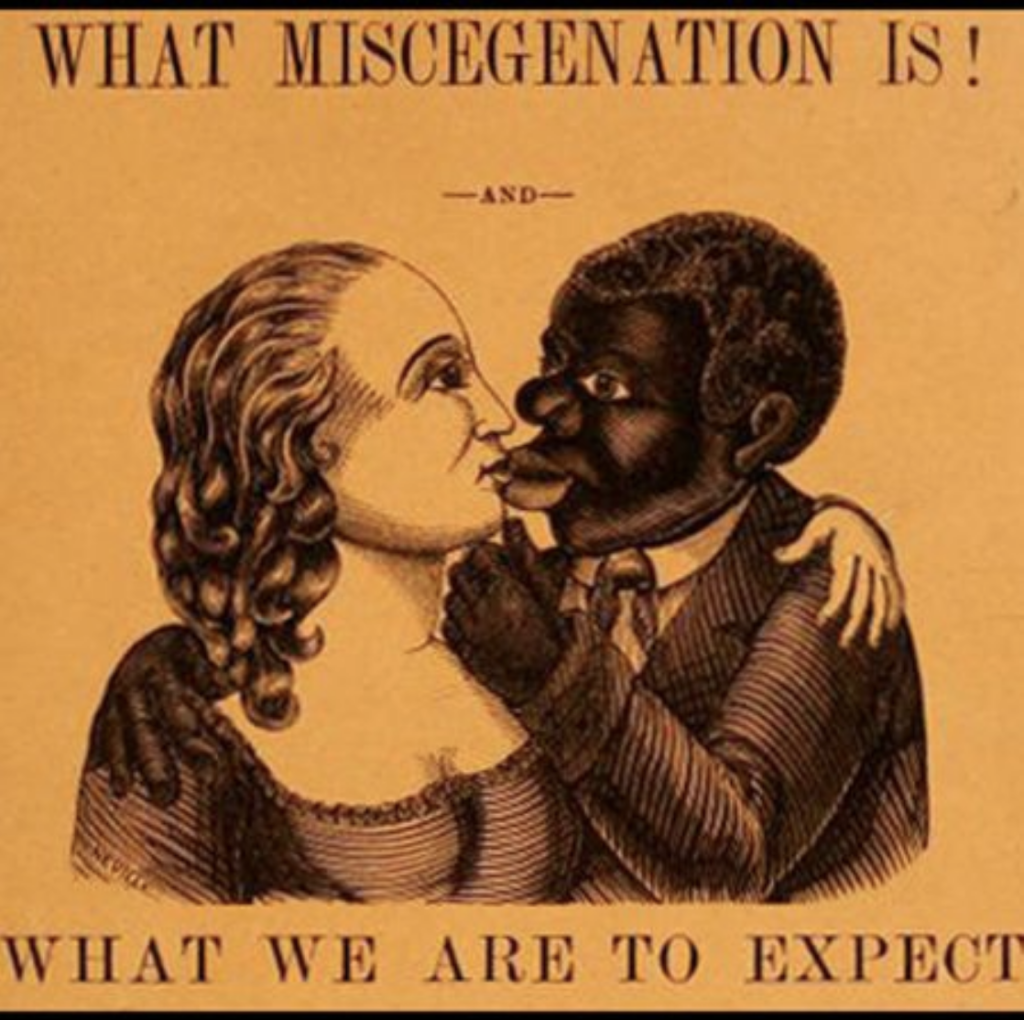
Other examples revealing societal constraints on love include caste and class divides, especially valid for some parts of India where love across caste or class lines can be considered taboo due to longstanding social hierarchies. When individuals from different castes or classes fall in love, they may face severe backlash from their families and communities. Violence and honour killings, tragically, are not uncommon in such cases. The love that defies these taboos becomes a matter of life and death, highlighting the extreme consequences of societal constraints. Relationships with significant age differences, particularly when involving minors, can lead to accusations of exploitation. While age-of-consent laws aim to protect vulnerable individuals, they can also complicate relationships between consenting adults with significant age disparities. Society’s interpretation of such relationships can vary, with some viewing them as expressions of genuine love and others as potential abuses of power.
Art Dubai and its House of Love
The Wedding Project, conceived under the direction of Aaron Cezar at the Delfina Foundation, featured a nightly dining experience presenting an extensive eleven-course menu curated by former Delfina residents, including artists like Sunoj D, Hind Mezaina, Fari Bradley, Nile Sunset Annex, and Candice Lin. This culinary journey was designed to explore the profound spectrum of love, commencing with attraction and culminating in the tumultuous stage of insanity.
Taking inspiration from a tenth-century Arabic manuscript that intricately delineates various facets of ‘love’ and its broader connotations, this project features eleven distinct concepts through understated yet evocative performances, thought-provoking presentations, and culinary creations. Commencing with ‘hawa’ (attraction) and advancing with ‘alaqah’ (attachment) to ‘kalaf’ (infatuation) and eventually ‘huyum’ (insanity), each gastronomic masterpiece, crafted in collaboration with the culinary team at Madinat Jumeirah, delved into the role of food and recipes as vessels of cultural memory. The project was commissioned by Art Dubai Projects in 2016 and explored notions of love and associated emotions from a universal perspective, a project that engaged easily with guests of different cultural backgrounds.
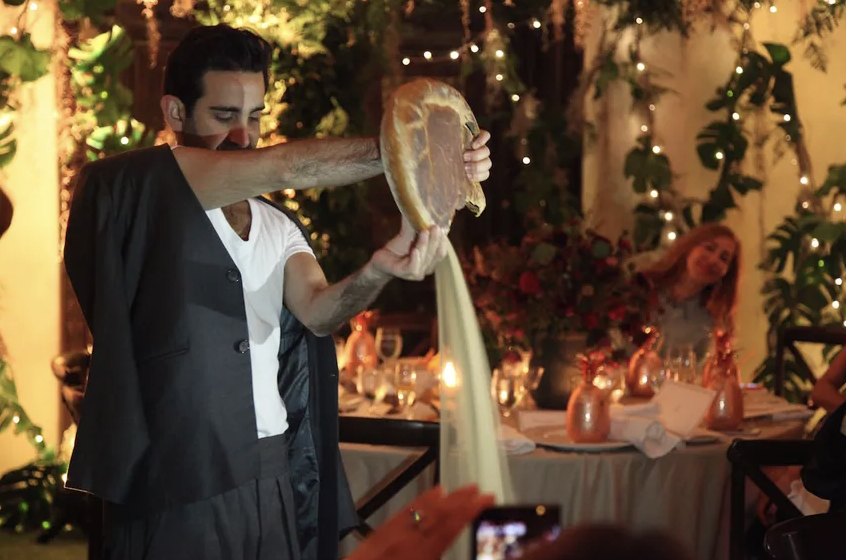
Societal constraints on love often result in profound consequences. Individuals who dare to defy societal norms may experience isolation, shame, and a sense of alienation. They may be forced to choose between their authentic selves and conforming to societal expectations. Families may be torn apart, and entire communities can become divided over these deeply ingrained taboos. The evolution of societies in embracing diverse expressions of love remains an ongoing and, at times, tumultuous journey, but it is one that ultimately expands our collective understanding of this remarkable human emotion. Love as a taboo in certain societies serves as a stark reminder of the enduring power of cultural, religious, and social norms to shape our perceptions of a universal emotion. In the face of such constraints, it becomes imperative for societies to engage in conversations that challenge existing norms, promote tolerance, and recognise the value of authentic, consensual, and diverse expressions of love. Only through such open dialogue and the dismantling of taboos can societies truly embrace the richness of human love in all its forms.

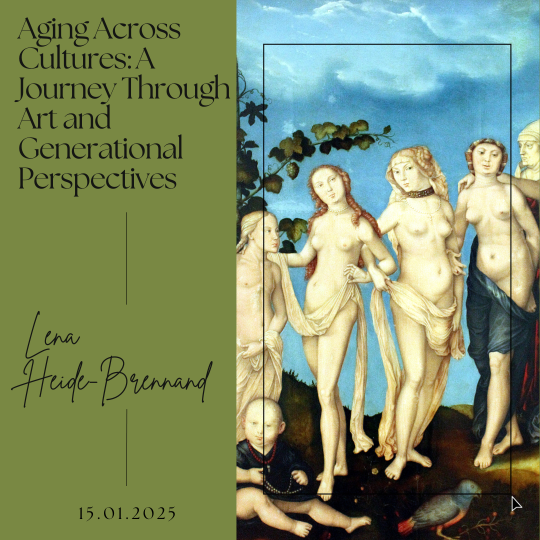
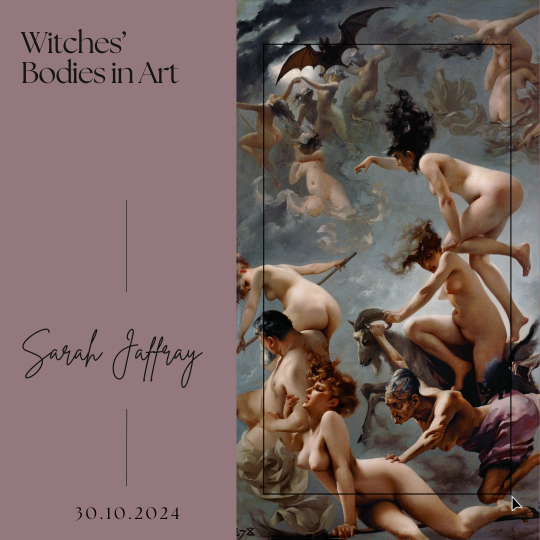
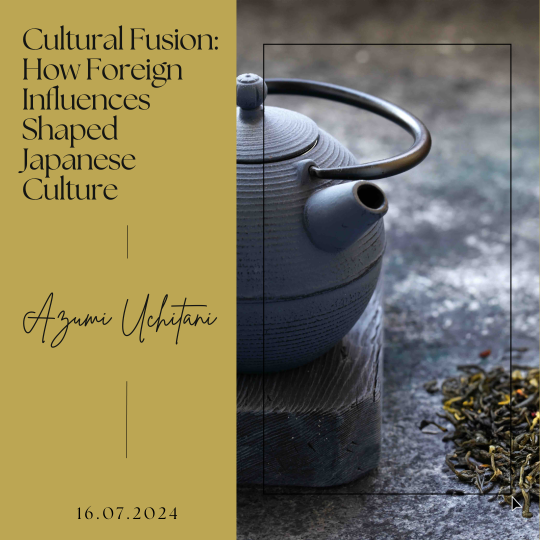
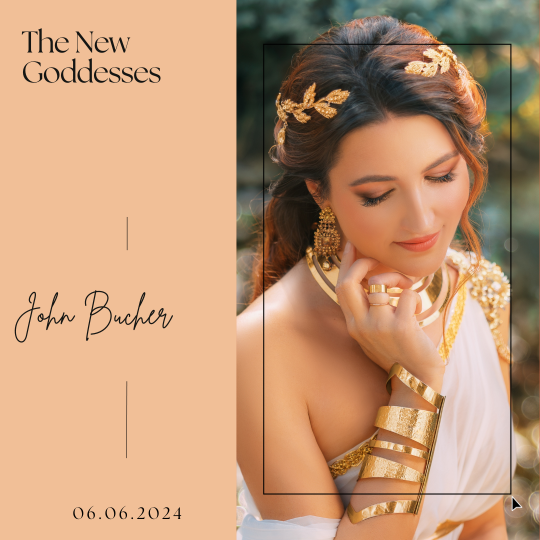
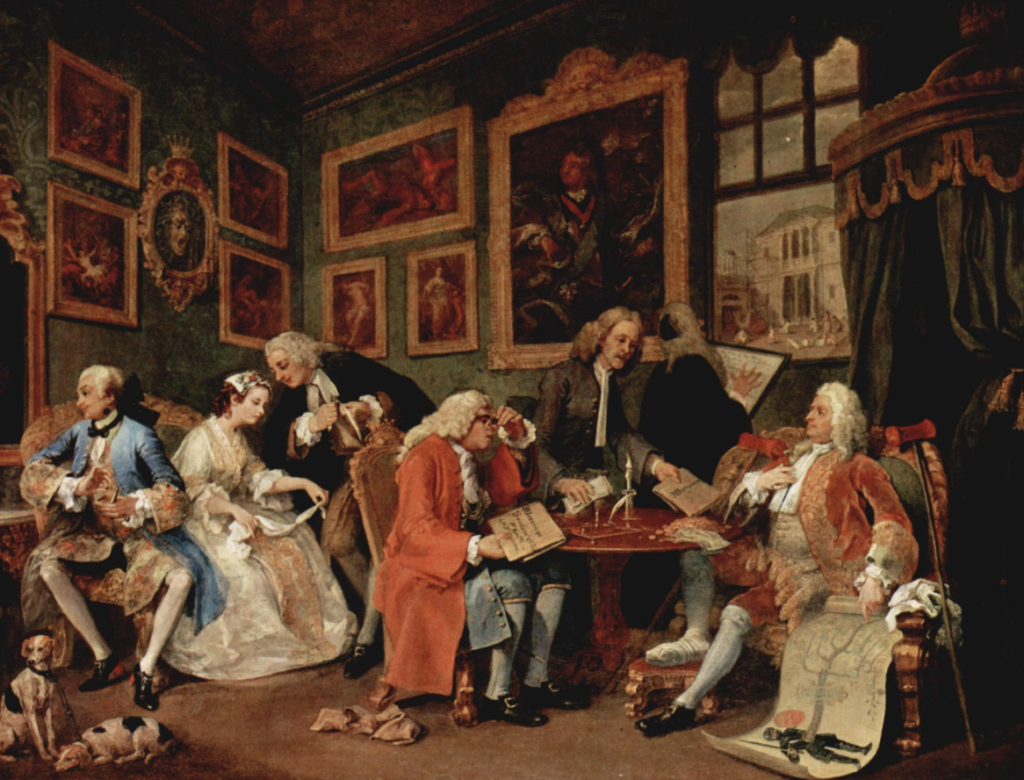
Leave a Reply